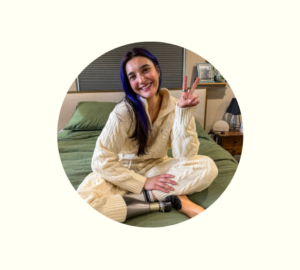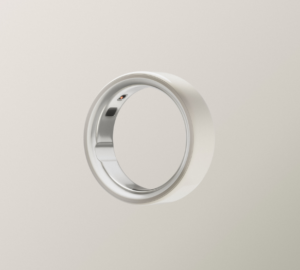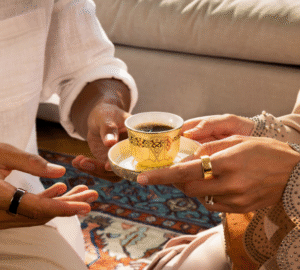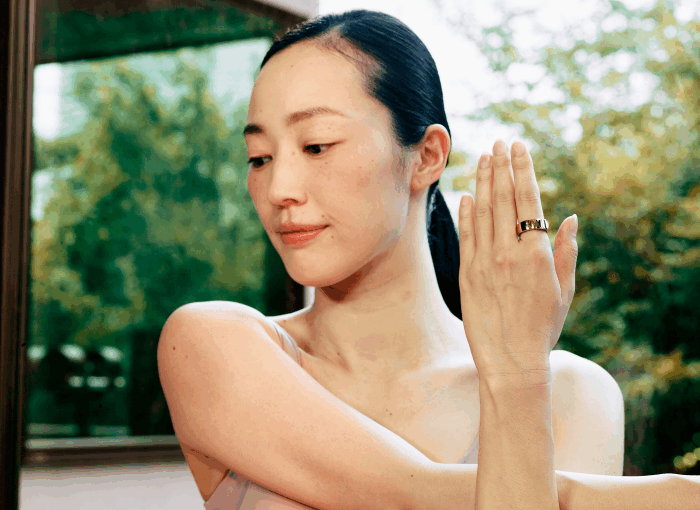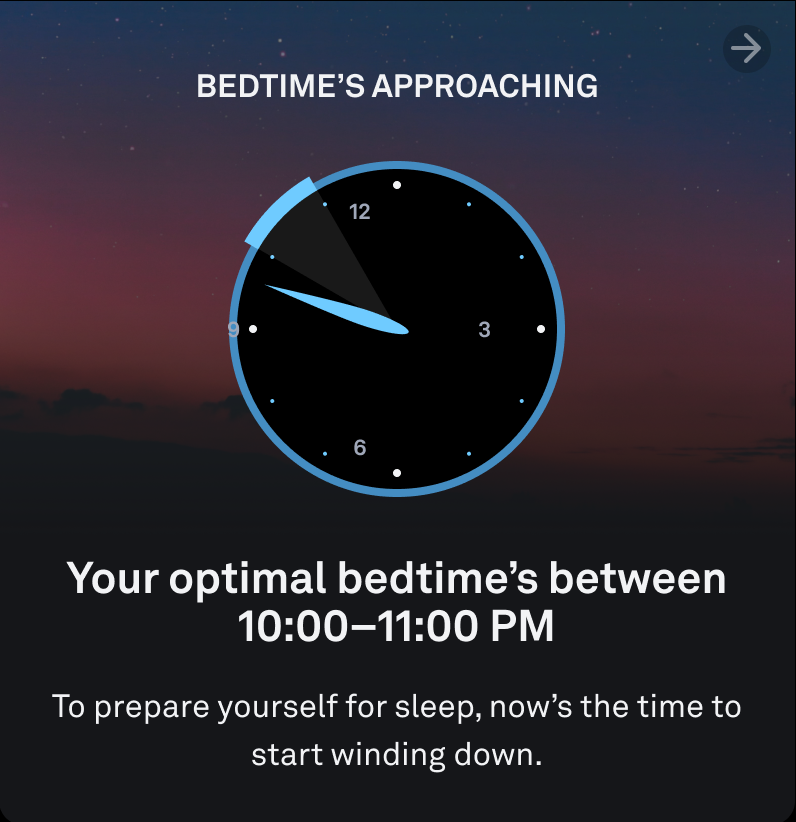Forget generic advice and the frantic guesswork of when you “should” go to sleep. The right bedtime for you might be 9pm, but for someone else, it may be closer to midnight. This is partly mediated by your chronotype (your natural preference for mornings or evenings) or how well you’ve been sleeping recently.
Oura can help you figure out one of the most impactful routines for better recovery: your personalized ideal bedtime window. Oura’s Bedtime Guidance feature translates your unique physiological data into a single actionable recommendation—when to start winding down for bed for the highest likelihood of a good night’s sleep.
Why Is Going to Bed at the Same Time Every Night Important?
You have a master conductor running your biological processes: your circadian rhythm. This internal clock dictates when your body is naturally ready to power down and power back up. When you go to bed at a consistent time, you are actively cooperating with this rhythm.
The reward for this cooperation? A natural, seamless progression through all the sleep stages, which means you’ll wake up feeling refreshed and rejuvenated. While every stage plays a vital role in recovery, consistent timing ensures your body maximizes its time in the most critical restorative states:
- Deep Sleep: The stage where physical restoration, cellular repair, and growth hormone release occur.
- REM Sleep: The stage crucial for memory consolidation, learning, and emotional processing.
By consistently hitting your ideal window, you set the stage for your body to perform this restorative magic efficiently, leading to higher Sleep Scores and better Readiness every morning.
How Does Oura Calculate Your Ideal Bedtime?
How does Oura know your ideal bedtime? It looks back at your own track record, essentially learning from your best, most regenerative nights. The Bedtime Guidance feature leverages personalized data points that no clock or standard alarm could ever track:
1. High-Scoring Sleep: Oura identifies the nights where you earned your highest Sleep Scores, noting the exact time you climbed into bed. This links the act of going to sleep with the outcome of high-quality rest.
READ MORE: How Does the Oura Ring Track My Sleep?
2. Optimal Recovery: The app tracks the timing of your lowest resting heart rate (RHR). When your RHR drops quickly and deeply, it’s a powerful signal that your body is recovering efficiently. Oura looks for the bedtime that best facilitates this crucial dip.
By combining these insights with your usual wake-up time and the recommended duration of sleep for your body, Oura intelligently calculates and projects your unique, forward-looking guidance window.
If you turn on Bedtime guidance notifications, you’ll be alerted each day when you should start winding down for bed.
READ MORE: 8 Possible Reasons Why Your Resting Heart Rate Is High
Your Daily Coach vs. Your Biological Blueprint
It’s helpful to understand the difference between Bedtime Guidance and another important feature, the Body Clock:
| Feature | What It Is | How It Changes |
| Body Clock | Your biological blueprint, or chronotype (e.g., late morning or early evening). | Highly stable; reflects your long-term natural rhythm. |
| Bedtime Guidance | Your dynamic daily coach (the recommendation). | Dynamic; adjusts based on recent recovery needs and sleep debt. |
If you’ve had a few late nights and your recovery metrics are slipping, the Bedtime Guidance will dynamically shift to advise you to wind down earlier, serving as a powerful, non-judgmental nudge to help you make up for lost time and restore balance.
READ MORE: Can You Catch Up on Lost Sleep?
Get Started with Bedtime Guidance
Getting started with Bedtime Guidance is seamless:
- Find the Card: The Bedtime Guidance card appears right on your Today tab, usually about an hour before your recommended window opens, giving you plenty of time to start your wind-down ritual.
- View Your Progress: Tap the card to see detailed trends of your bedtime consistency over time.
- Set the Alert: For true accountability, enable Bedtime notifications in your Oura App settings. This simple alert is your personal cue to put down the phone and start preparing for your best possible night of sleep.
It’s not a strict rule—it’s your personalized roadmap, created by your own body, to achieve peak recovery and readiness. While the feature requires approximately two weeks of consistent data to establish your unique patterns, the reward is a lifetime of data-backed, optimal sleep.







